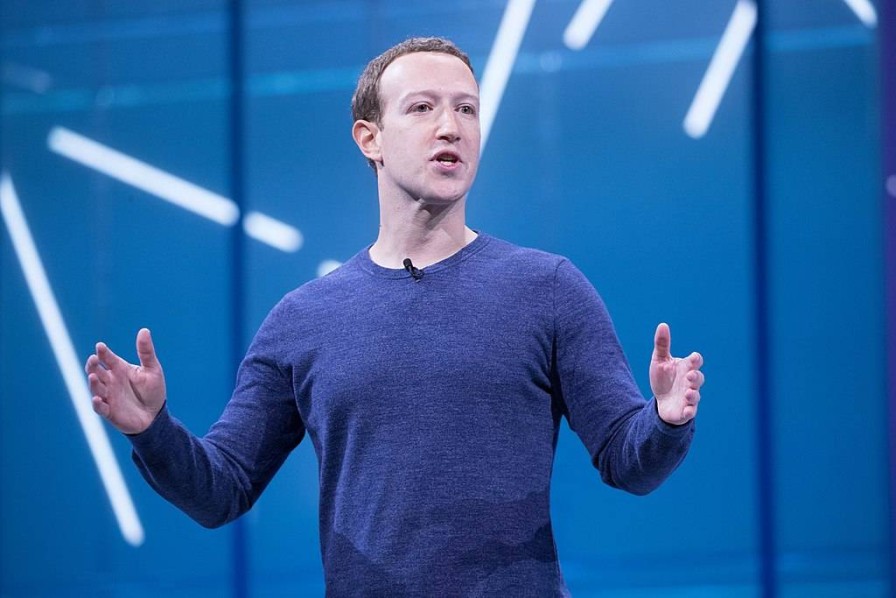US mulls 100% Russian tariffs, as Trump ‘very unhappy’ with Putin
And the EU warns US trade could effectively be wiped out.
Mark Rutte.
And the EU warns US trade could effectively be wiped out.
Mark Rutte.
Mōrena and welcome to Tuesday’s recap of business and political news from around the world.
First, the United States agreed to provide Ukraine with a new batch of weapons to fight Russia through a deal with Nato countries, the ABC reported.
US President Donald Trump also gave counterpart Vladimir Putin 50 days to make a peace deal or risk 100% tariffs and other sanctions on Russian oil.
Trump met Nato secretary-general Mark Rutte, expressing frustration with Putin and his refusal to agree to a peace deal. "We're very, very unhappy with him and we're going to be doing very severe tariffs if we don't have a deal in 50 days, tariffs at about 100%," Trump said.
Trump promised that additional Patriot systems would arrive in Ukraine within days, funded by Germany and other Nato partners, the Guardian reported.
Rutte said Ukraine would get access to “massive numbers” of military equipment for air defence and missiles to fight back against Russia. He urged Putin to take Trump’s warning seriously.
Meanwhile, Ukrainian President Volodymyr Zelensky recommended Economy Minister Yulia Svyrydenko as the next prime minister in a significant political shake-up.
The announcement could lead to a wider reshuffle in the government, Al Jazeera noted.
“I have proposed that Yuliia Svyrydenko lead the government of Ukraine and significantly renew its work,” Zelensky said.
“I look forward to the presentation of the new government’s action plan in the near future.”
The European Union warned that trade with the US could effectively be “wiped out” if 30% tariffs get introduced on August 1, CNN reported.
EU trade commissioner Maroš Šefčovič said it would be “almost impossible” for the bloc to continue its current level of trade with that new rate.
“Simply trading as we know it will not continue, with huge negative effects on both sides of the Atlantic.
“I will definitely do everything I can to prevent this super-negative scenario.”

In the UK, the pound fell to a three-week low, after Bank of England governor Andrew Bailey said it could action larger rate cuts if the jobs market slowed quickly, the Guardian reported.
Bailey said “slack” was opening in the UK economy, after an increase to employers’ national insurance contributions. That slack should put downward pressure on inflation.
“If we saw the slack opening up much more quickly, that would lead us to a different conclusion. I think the path [for interest rates] is down. I really do believe the path is downward, but we continue to use the words ‘gradual and careful’,” he said.
Over the Ditch, a registered livestock agent in Australia has been sent to jail for fraudulently obtaining about A$230,000 from two export companies after false claims about the cattle he sold, the ABC reported.
Yesterday, businessman Nathan Gibbon was sentenced to six months behind bars and ordered to complete an 18-month community corrections order after his release.
The 50-year-old earlier pleaded guilty to two counts of obtaining property by deception from Australasian Global Exports and the Yarra Corporation. He also pleaded guilty to one count of handling stolen goods.
On four occasions in 2018 and 2019, Gibbon falsely claimed that certain cattle had been bred on Gippsland properties and were therefore eligible for export to China.

Mark Zuckerberg.
To technology, Meta Platforms chief executive Mark Zuckerberg said the company was building several data centres to power its artificial intelligence pipeline in the US, the first to come online next year, Bloomberg reported.
“We’re calling the first one Prometheus and it’s coming online in [2026],” he said.
In April, Meta said it could spend up to US$72 billion on capital expenditures this year, with a focus on AI and data centres.
Finally, Bitcoin traded above US$120,000 to set a new record high on Monday local time, as US lawmakers get set to potentially pass regulatory changes that could boost institutional demand, CNBC reported.
The largest cryptocurrency by market capitalisation topped US$123,000.
Cryptocurrency exchange BTSE chief operating officer Jeff Mei said Bitcoin’s surge was driven by longer-term institutional buyers. “This will propel it to US$125,000 in the next month or two.
“Trump’s trade disputes with the likes of the EU, Mexico, and other trading partners could cause dips in the week ahead, but it’s likely that Bitcoin’s institutional buyers are discounting this risk and maintaining their positions that Bitcoin will still appreciate in the long run.”
Sign up to get the latest stories and insights delivered to your inbox – free, every day.